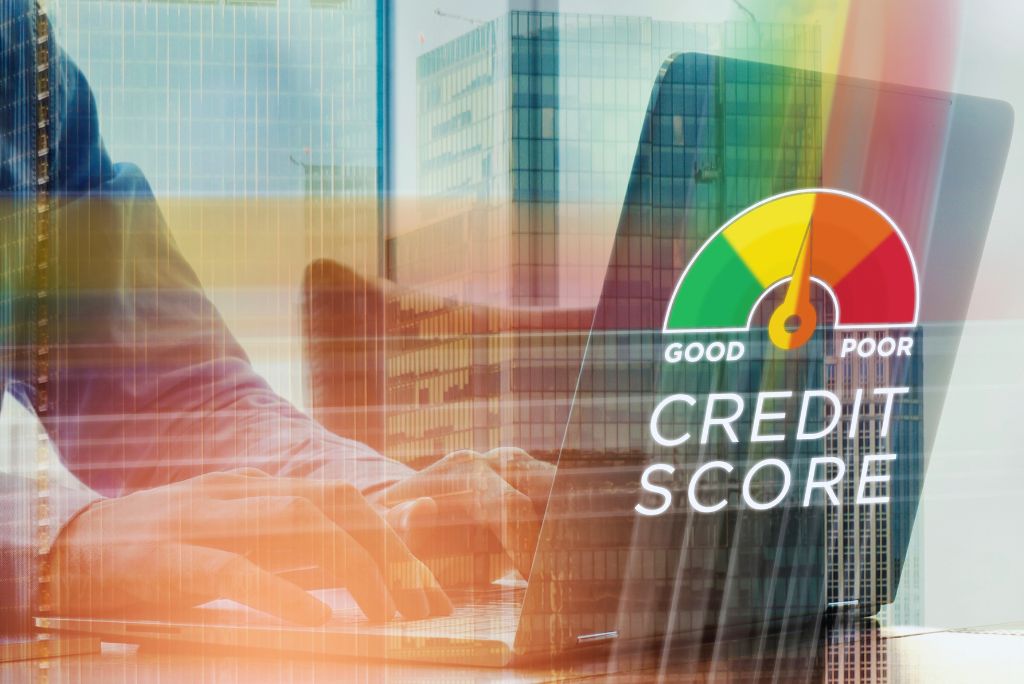Understanding Credit Scores What You Need for a Business Loan

In the world of business, understanding credit scores is akin to holding a key that can unlock myriad doors of opportunity.
Whether you’re a fledgling startup or a seasoned enterprise, the vitality of credit scores in securing a business loan is an unwavering constant.
This narrative isn’t just about numbers that lenders glance at; it’s about stories—your business’s financial story that lenders read, interpret, and ultimately base their decisions on.
It’s a tale of trust, reliability, and financial wisdom, where a higher score can lead to lower interest rates, better loan terms, and a smoother path to achieving your business aspirations.
Here, we embark on a journey to demystify credit scores, revealing their essence, impact, and the strategies to leverage them for business financing success.
The Basics of Credit Scores
The Genesis of a Credit Score
The concept of credit scores began as an attempt to encapsulate a borrower’s creditworthiness into a single, comprehensible figure. This figure, a numerical representation ranging typically from 300 to 850, is calculated based on information from credit reports—documents that chronicle your credit history in meticulous detail. Credit bureaus, the guardians of credit histories, gather data on your financial behaviors, from the punctuality of your payments to the diversity of your credit accounts.
The Anatomy of a Credit Score
At the heart of a credit score lie five crucial components, each contributing a weighted portion to the final score: payment history (35%), credit utilization (30%), length of credit history (15%), new credit (10%), and types of credit used (10%). This formula, though seemingly straightforward, is nuanced in its application, affecting individuals differently based on their credit experiences.
The Tale of Two Models: FICO vs. VantageScore
In the realm of credit scores, two protagonists emerge: FICO and VantageScore. Though their goal is the same—to predict a borrower’s likelihood of repaying a loan—their narratives differ slightly in calculation methods and scoring models. FICO, the elder of the two, is often seen as the gold standard by lenders, while VantageScore, a collaboration among the three major credit bureaus, offers a more recently developed alternative with its unique scoring nuances.
Why Credit Scores Matter for Business Loans
The journey to securing a business loan is fraught with financial scrutiny, where credit scores play a pivotal role. Lenders, acting as the gatekeepers to capital, wield credit scores as a primary tool to gauge the risk associated with lending to your business.
A high credit score whispers tales of financial responsibility and stability, enticing lenders with the promise of timely repayments. Conversely, a lower score echoes warnings of potential risk, often resulting in less favorable loan terms or outright denial.
For many entrepreneurs, personal credit scores are inextricably linked to their business financing opportunities, especially in the early stages of business development. This connection underscores the importance of maintaining exemplary personal financial habits, as these scores serve as a proxy for your business’s creditworthiness in the absence of an established business credit history.
Conclusion
This article highlights the critical role of credit scores in securing business loans, presenting them as a reflection of an entrepreneur’s financial responsibility and trustworthiness. By delving into the origins, components, and significance of credit scores, including a detailed comparison between FICO and VantageScore models, it offers a comprehensive guide for entrepreneurs at all stages of their business journey.
The discussion on the factors influencing credit scores and the distinction between personal and business credit provides valuable insights for optimizing financial behavior to improve loan eligibility and terms.
As we conclude, we extend a special invitation to you: Contact ZING Funding to explore how we can assist you in navigating the complexities of small business financing. With our understanding of the pivotal role credit scores play in shaping financing outcomes, we’re here to offer strategic financial management and awareness tailored to your unique needs.
Let ZING Funding be the partner that helps turn your credit score into a success story, opening doors to opportunities and fostering the growth of your business
FAQs
What is a credit score and why is it important for obtaining a business loan?
A credit score is a numerical expression based on a level analysis of a person’s credit files, representing the creditworthiness of an individual. For business loans, lenders use this score to evaluate the risk of lending money to the borrower, affecting the loan terms and interest rates offered.
How can I find out my business credit score?
You can find out your business credit score by requesting it from major business credit bureaus such as Equifax, Experian, or Dun & Bradstreet. Some bureaus may charge a fee for access, but knowing your score is crucial for managing your business finances effectively.
What credit score range is typically required for a business loan?
Lenders often look for a credit score of 680 or higher for more favorable loan terms. However, requirements can vary significantly between lenders, with some accepting lower scores but possibly offering less favorable terms or higher interest rates.
How can I improve my credit score to qualify for a business loan?
Improving your credit score involves paying bills on time, reducing debt levels, and avoiding new credit inquiries. Consistently managing your credit responsibly over time helps improve your score, making it easier to qualify for business loans.
Does my personal credit score affect my ability to get a business loan?
Yes, your personal credit score can significantly impact your ability to get a business loan, especially for small businesses or startups without a long credit history. Lenders may use your personal credit history as a measure of creditworthiness for your business.
